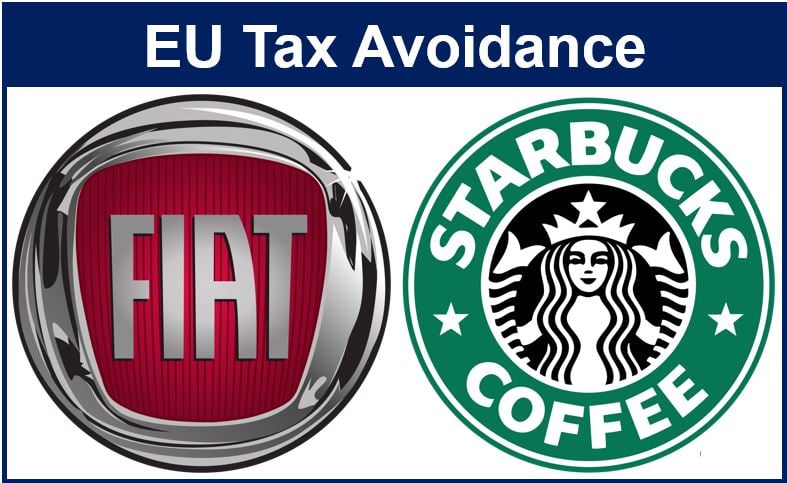The Netherlands acted illegally by offering Starbucks a sweetheart tax, while Luxembourg, which did the same with FIAT, also acted outside the law, the EU has ruled. The two companies have been told to pay up to €30 million each in tax repayments, EU Competition Commissioner, Margrethe Vestager announced today.
The European Commission wrote:
“The Commission concluded that Luxembourg has granted selective tax advantages to Fiat’s financing company and the Netherlands to Starbucks’ coffee roasting company. In each case, a tax ruling issued by the respective national tax authority artificially lowered the tax paid by the company.”
The Commission added that the tax rulings regarding Fiat and Starbucks were perfectly legal. “They give a company clarity on how its corporate tax will be calculated or on the use of special tax provisions,” it wrote.
 This latest ruling will have the directors of hundreds of companies trembling.
This latest ruling will have the directors of hundreds of companies trembling.
However, the two tax rulings under investigation endorsed complex and artificial methods to establish taxable profits for the firms. “They do not reflect economic reality. They do not reflect economic reality. Both Luxembourg and the Netherlands have been ordered to recover the unpaid tax from Fiat and Starbucks,” it added.
Illegal subsidies
In other words, the Commission sees the tax deals done with Starbucks and Fiat as illegal state subsidies that must be repaid.
This ruling must have sent a chill through the boardrooms of several companies. Many hundreds of businesses have avoided EU taxes by setting up holding companies in countries like Luxembourg.
Tome Fairless, writing in the Wall Street Journal, quoted Robert Willens, a corporate tax adviser in New York and former managing director at Lehman Brothers, who said:
“I definitely think it will dampen investment in Europe [because] uncertainty is the biggest enemy of deals. It will certainly affect valuations. If taxes are higher going forward that will affect the value of the potential merger partner.”
It is clear Ms. Vestager is trying to forge an important legal precedent. Interestingly, she held fire on reaching a decision regarding Amazon in Luxembourg and Apple in Ireland.
